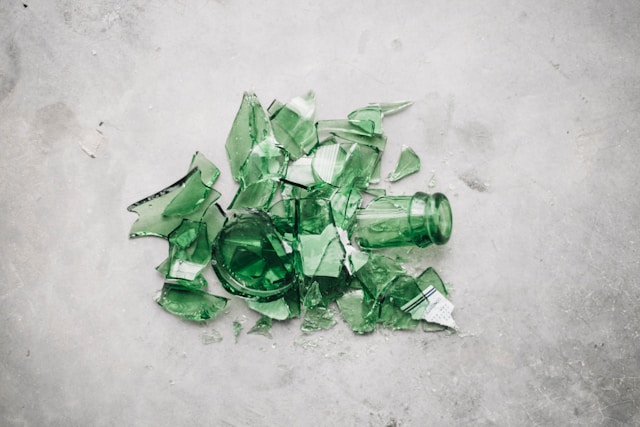Completing your drug rehabilitation program in Houston is a huge achievement. You should be proud of yourself. But coming back to everyday life after rehab can be difficult. You are going to face challenges and temptations, and it’s important to be prepared.
You are going back to your old life, but you are a new person. How do you stay sober and avoid relapse? When you can take a courageous step like going to a drug rehab in Houston, you can do this, too. Houston has a diverse community and multiple resources to help you stay sober. We will discuss some practical strategies to help you maintain your sobriety and build a happy life.
Why Do You Need Aftercare?
Rehab is a great first step, but it’s not the last. Relapse is a common part of the recovery process, but the good thing is that the risk of relapse decreases over time. Aftercare programs can give you the support and structure you need to stay sober in the long run. There are many different types of aftercare programs available, including sober living, individual counseling, and support groups. The best program for you will depend on your situation and preferences.
Create a Recovery Plan
A recovery plan is a roadmap for your sobriety. It should outline your goals, identify your triggers, and list the resources you will use to stay sober. Your recovery plan should be a document that you can update as and when needed.
Include the below information in your plan:
- Your goals. What do you want to change about your current situation? This could be things like getting a job, going back to school, or fixing relationships.
- Your triggers. What are the things that make you crave drugs? These could be people, places, or things. Once you know your triggers, you can develop strategies for avoiding them or coping with them in a healthy way.
- Your support system. Who are the people who will support you in your recovery? It could be your family, friends, therapists, or sponsor.
- Your coping mechanisms. What will you do when you are feeling tempted to use drugs? For example, exercise, journaling, or talking to someone who cares for you.
Find Support Groups
Support groups help you connect with other people who are in recovery. They encourage you, understand you, and give you practical advice. Share your experiences with others who have been through similar challenges. There are many support groups available. Find one that is a good fit for you.
Here’s what you get when you join a support group:
- You will feel less alone in your recovery.
- You will learn from other people’s recovery experiences.
- You will get support and motivation from those who understand what you are going through the most.
- You will develop coping skills for dealing with cravings and triggers.
Deal with Triggers
Triggers make you crave drugs. They can be people, things, or emotions. The first step is to understand what your triggers are. If possible, try to avoid them. For example, if you know that being around certain people makes you crave drugs, avoid spending time with them. If you cannot avoid a trigger, develop coping mechanisms for dealing with it in a healthy way.
Develop Healthy Habits for Long-Term Sobriety
Sobriety is more than just staying away from drugs. It is about creating a healthy and fulfilling life. Taking care of yourself physically and emotionally is important for maintaining sobriety. It includes getting enough sleep, eating a balanced diet, and exercising regularly. Self-care activities like meditation, yoga, or spending time in nature can also be beneficial.
Fill your time with activities you enjoy. This could be anything from playing sports or listening to music to volunteering or spending time with loved ones. Having healthy habits keeps you occupied and reduces the temptation to use drugs.
Learning a new skill is another way to boost your self-esteem and give you a sense of achievement. It can also be a great distraction from cravings. Take a class, enroll in a workshop, or pick up a new hobby.
Your thoughts and beliefs have a powerful influence on your actions. Focus on developing a positive mindset. Challenge negative thoughts and replace them with self-affirmations. Visualize yourself achieving your goals and living a sober life.
Closing Thoughts
Staying sober is a major achievement. But relapses are also a part of recovery. A relapse doesn’t mean you are a failure. It’s just a setback on your journey to sobriety. If you do experience a relapse, don’t give up. Reach out to your support system and seek help to get back on track.


